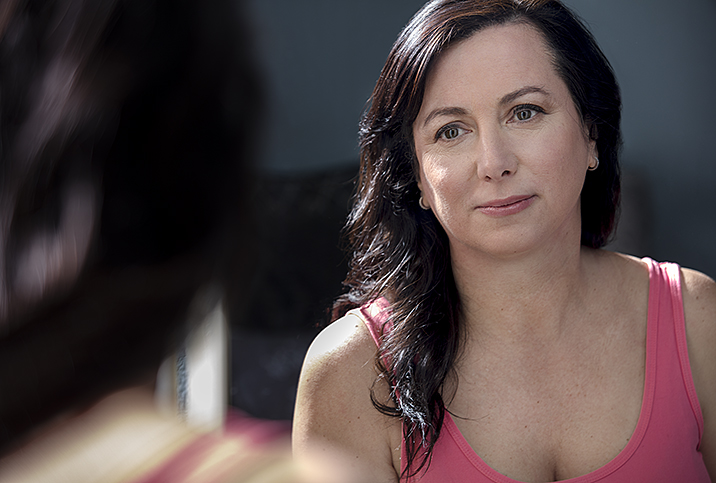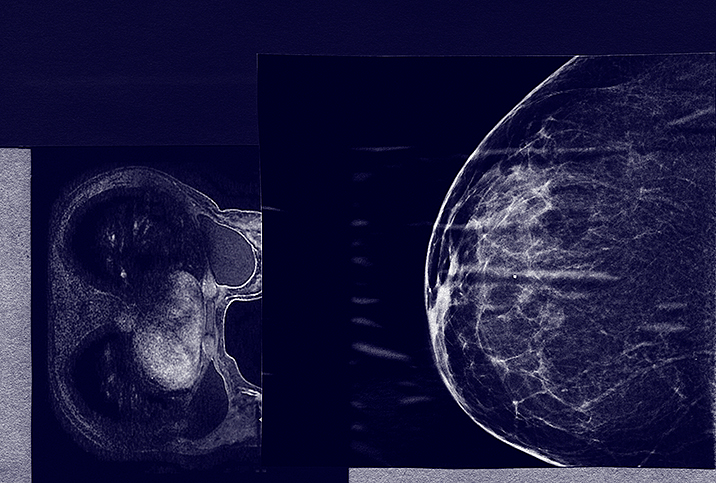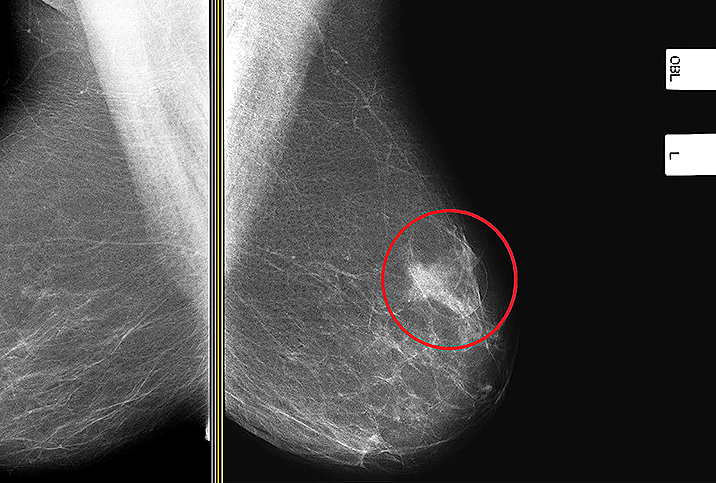When Can I Stop Getting Mammograms?

The American Cancer Society recommends that women should have the choice to start annual mammograms at age 40 and then definitely get the screenings each year from ages 45 to 54. The ACS suggests women switch to once every two years after they turn 55, and continue getting regular mammograms for as long as they're in good health and expect to live at least 10 more years.
The U.S. Preventive Services Task Force, on the other hand, recommends biennial (every other year) mammogram screenings for women starting at age 50 and continuing until age 74. However, the task force—an independent, volunteer panel of national experts in prevention and evidence-based medicine—was reviewing its current recommendations as of early 2021.
The American Cancer Society recommends that women should have the choice to start annual mammograms at age 40 and then definitely get the screenings each year from ages 45 to 54.
Ultimately, it's up to each individual to decide how long they will continue to get regular mammograms. To help with your decision-making process, we'll discuss different factors that should be taken into consideration.
Consider your life expectancy
National statistics show that breast cancer is a leading cause of death in older women. However, according to an article published by Harvard Health, medical experts have determined that most breast cancers found in older women grow relatively slowly and are usually easy to treat.
Women age 70 and older have a few factors to take into consideration when deciding whether to continue getting regular mammograms. Guidance from some medical experts says if you're unlikely to live beyond another 10 years, then it's an appropriate time to stop getting mammograms. However, people are living longer than ever, according to the Centers for Disease Control and Prevention. As of 2018, the average life expectancy for a person in the United States was 78.7 years.
As the average life expectancy continues to increase, more and more women in their 70s are able to maintain an active and healthy lifestyle, so they would be more likely to successfully manage and treat cancer if it's detected.
The USPSTF suggests that women should consider stopping screenings at 74. Beyond that, the task force has concluded that "current evidence is insufficient to assess the balance of benefits and harms of screening mammography in women aged 75 years or older."
While it's impossible to know exactly how much longer an individual has left to live, there are ways to make an educated assumption.
The first step is to talk with your doctor. Based on your unique medical history and existing health issues, your doctor can give you an informed estimate about how much longer you might live and an opinion as to whether getting regular mammograms will still benefit you.
Factor in your overall health
You should also consider the state of your overall health. Women in poor health may not need to continue with regular mammograms, because in some cases, even if cancer is found, existing health problems may make cancer treatment undesirable and less likely to be successful. For older women who remain in particularly good health, however, this may not be the case.
As the average life expectancy continues to increase, more and more women in their 70s are able to maintain an active and healthy lifestyle, so they would be more likely to successfully manage and treat cancer if it's detected. In a case like this, an individual may choose to continue screenings for a few more years.
At the end of the day, the decision will be different for every woman and dependent on her specific health and circumstances.
It's important to consider the benefits and the potential risks of getting regular mammograms in older age. At the end of the day, the decision will be different for every woman and dependent on her specific health and circumstances. If you're trying to decide which path is right for you, consult your doctor to find out whether regular screenings can still benefit you.
















